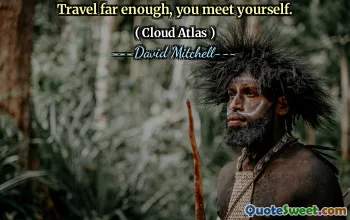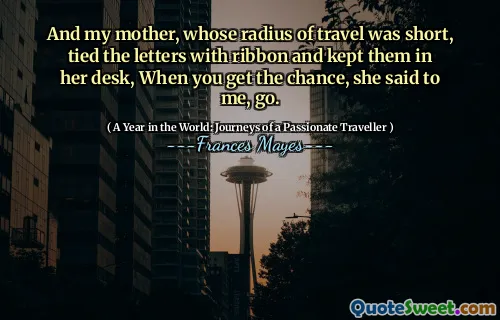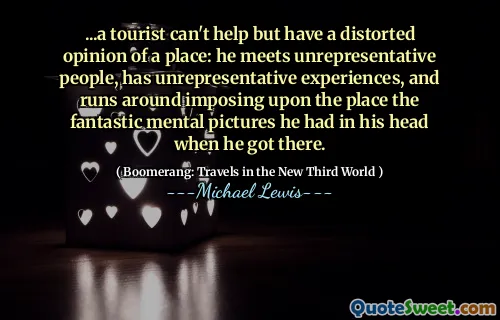
A good traveller is one who does not know where he is going to, and a perfect traveller does not know where he came from.
This quote by Lin Yutang encapsulates a profound perspective on the essence of travel, and by extension, life itself. The idea of a "good traveller" as someone who does not know their destination suggests an embrace of spontaneity and open-mindedness. It emphasizes the journey over the destination, encouraging travelers to let go of rigid plans and expectations. Such a traveler moves through the world with curiosity and adaptability, ready to encounter the unknown without anxiety or the desire to control every aspect of the experience.
Moving further, the concept of a "perfect traveller" extends this notion to a deeper philosophical level by suggesting that true mastery in travel lies in transcending attachment not only to where one is going but also to origin or past identity. To not know where one came from evokes a state of fluidity in personal identity, one in which the traveler is not bound by prior definitions of self dictated by culture, history, or place. This can be interpreted as an invitation to fully immerse oneself so completely in the present experience that previous narratives about self and origin dissolve.
Such a perspective challenges conventional understandings of travel simply as movement from point A to point B or as an act of sightseeing. Instead, it frames travel as a transformative experience that reshapes the traveler’s concept of belonging and self-awareness. It resonates with Eastern philosophical themes found in Taoism and Buddhism, where detachment and a harmonious flow with the world are pathways to enlightenment and peace.
Moreover, this quote also speaks to our modern life's pace and mindset, where often travel is goal-oriented, packed with itineraries and checklists designed to maximize outcomes and achievements. The quote advocates stepping back from this pragmatic approach to embrace uncertainty and fluidity. It suggests that the true reward of travel lies in dissolving one’s mental boundaries and preconceived notions, inviting the traveler to experience the world without the confines of predetermined routes or identity.
Ultimately, Lin Yutang’s words remind us that travel, at its highest form, is not just a physical act but a profound spiritual journey. It invites us to live with openness to the unknown and suggests that by doing so, we attain a liberating state of being—unburdened by fixed paths and origins—literally making every journey a fresh and authentic discovery.









